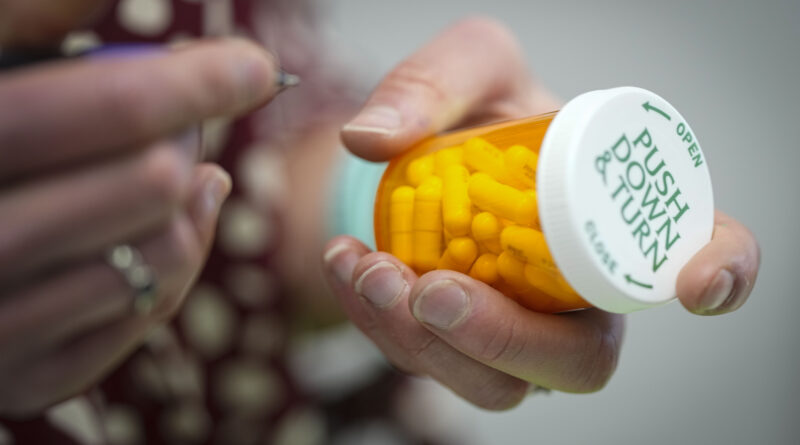Are PBMs forcing small drug stores, raising drug prices?
Drug benefit managers say they protect against excessive prescription drug prices, but these companies — such as CVS Health Corp. – are under attack for the role they may play in raising health care costs and suppressing private medicine. out of business. PBMs act as intermediaries between drug manufacturers, health insurers and pharmacies, negotiating drug prices and reimbursing pharmacies for prescription drugs under the terms of their plans. talk to each other. They have a lot of power in the market as the three largest – CVS Caremark, Express Scripts and Optum Rx – control the price of about 80% of US prescriptions, observers say. But independent chemists across the country are accusing PBMs of forcing down payments on small drug stores, making it harder to turn a profit and stay in business. In Rhode Island alone, the number of independent drug stores has dropped from 198 in 2019 to 176 in 2024, according to the RI Department of Health. Pharmacy benefit managers were also cited during a discussion about rising prescription drug prices at the Providence Business News Health Care Conference in October. This matter drew the attention of Congress, when Rep. Jake Auchincloss, a Massachusetts Democrat, recently introduced legislation aimed at controlling the influence of PBMs. And in September, the Federal Trade Commission sued Caremark Rx, Express Scripts and Optum Rx, alleging that the PBMs artificially inflated insulin prices. PBMs dispute the allegations. “CVS Caremark is proud of the work we do to make medicines, including insulin, affordable for all Americans,” said Michael DeAngelis, a spokesman for Caremark’s parent company Woonsocket-based CVS. Health. “To suggest anything, like the FTC has, is wrong. We stand by our record of protecting American businesses, unions and patients from lower prescription drug prices. “CVS Caremark reimburses independent pharmacies at a higher rate on average than most drug stores, including CVS pharmacies. Also, he said about 80% of the drugs are managed care organizations.” of medicine, which works as consultation groups for independent pharmacies. Between 2018 and 2022, those groups received the highest reimbursement rates in the national Caremark network. DeAngelis also cited data from the National Community Pharmacy Association shows that the annual profit for independent drug stores is between 22.1% and 24% between 2007 and 2021. From 2021, there’s been a 40% increase in pharmacy costs, and that’s not including the rising PBMs. it would be too high, says Dr. Raj Hazarika, chief medical officer for commercial products at nonprofit health insurer Harvard Pilgrim Health Care of New England Inc., a Point32Health company. However, he says, PBMs were expected to do more to lower drug prices. Hazarika, who participated in the PBN Health Care Conference in October, notes that the Price Reduction Act of 2022 was created to help curb the rise in drug prices. The law includes several provisions, including one that requires the US secretary of health and human services to negotiate the prices of certain drugs under Medicare Part D starting in 2026 and Part B starting in 2028. Initially, 10 drugs were selected for negotiation and this will increase to 50. in 2029. The negotiated prices of the first 10 drugs were announced in August and if implemented by 2023 would have saved the government an estimated 6 billion dollars. said Hazarika. Meanwhile, Auchincloss’ legislation known as the Pharmacists Fight Back Act, which has received bipartisan support, would use a more transparent pharmacy reimbursement system based on standardized prices and a national purchasing fee. drugs, or NADAC. It also prevents PBMs from moving patients away from community pharmacists to PBM-affiliated pharmacies and removes PBMs’ ability to restrict patient choice by excluding them from networks. The legislation, which has drawn opposition from health insurance companies and PBMs, is in committee. Auchincloss does not expect any movement on the bill during the duck session. But he hopes the bipartisan support he’s received will help spur policy debate and reintroduction plans next year. “It’s an impossible situation,” Auchincloss said. PBMs harass independent pharmacies for business.
#PBMs #forcing #small #drug #stores #raising #drug #prices

